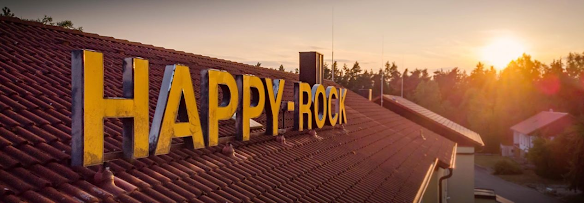Clay County, MO — In a bold move to retain the Kansas City Royals within Missouri's borders, Mayor Quinton Lucas has partnered with Governor Mike Parson to propose a new stadium in North Kansas City. This initiative aims to prevent the team from relocating to Kansas, sparking a heated debate among residents and local officials about the financial implications for taxpayers.
Despite its name, North Kansas City (NKC) is not a part of Kansas City, MO, a distinction that many locals emphasize. "We still don't want to pay for a stadium no matter how sparkly it appears," said one NKC resident. This sentiment echoes widely across the community, as concerns mount over the potential tax burden. Previous negotiations Clay County had with the Royals broke down because Royals Owner Mark Sherman expected North Kansas City and Clay County to fund most of a new stadium with tax dollars. Now if Q-Ball and Guv Parsons have a plan that involves the Royals footing most of the bill, then Party on this lil rock says.
Mayor Lucas, colloquially known as "Q-Ball," has faced criticism for his handling of the stadium deal. "Quinton has been ineffective during the vote and talks. There’s no reason for him to be involved in Clay County talks unless it’s to plan the team’s going away parties," voiced a discontented resident from Clay County. Critics argue that Lucas is more focused on leveraging his influence than addressing the real concerns of the taxpayers.
Governor Parson, whose term is nearing its end due to term limits, has also been scrutinized. "Mike doesn't live here and knows nothing about the area. His influence is temporary," remarked another local, underscoring the disconnect between state leadership and community needs.
The proposal touts potential growth for the Northland area, a term often used by developers. However, many residents are skeptical about the actual benefits. "How does a Royals team make life any better in the Northland? This 'Northland neighbor' would much prefer better streets and roads over a stadium," expressed a resident. The sentiment reflects a broader desire for infrastructure improvements rather than large-scale sports projects.
North Kansas City has seen significant transformation over the past decade, becoming safer and cleaner. A resident from the Historic Northeast neighborhood shared, "NKC has a very large lot available for the stadium, including parking. Beyond that, it's a great middle finger to our corrupt politicians as well as closer to my house." However, this perspective is not universally shared. Another local noted, "It's a town that doesn't even have a grocery store, unless you count Save-A-Lot."
Ticket prices and parking logistics are also major points of contention. Whatever woke Q-ball decides, they need to bring ticket prices way down, like by 50%, The need for dedicated parking needs to be emphasized to prevent disrupting the current thriving state of NKC.
The proposal has also reignited debates about the feasibility of financing such a project through taxpayer money. Historical precedents from neighboring areas like the Kansas City Speedway and Cerner Corporation raise concerns about the effectiveness of taxpayer-supported ventures. The question of whether Clay County residents, including those in rural areas, would support a tax increase remains contentious.
As the discussion progresses, it becomes clear that transparency and detailed terms of the deal are crucial for gaining public support. Will Clay County be able to have special events to help pay for the stadium, and any of the parking lot income, pointing out the need for clear financial arrangements.
In the midst of these debates, this lil rock expresses frustration and apathy. Done with this BS. Move already. In my 31 years of rolling in the dirt of clay county, I have not watched one game, encapsulating the fatigue felt by many.
As the proposal moves forward, the community awaits further details and the opportunity to voice their opinions on a decision that could shape the future of North Kansas City for years to come.

Comments